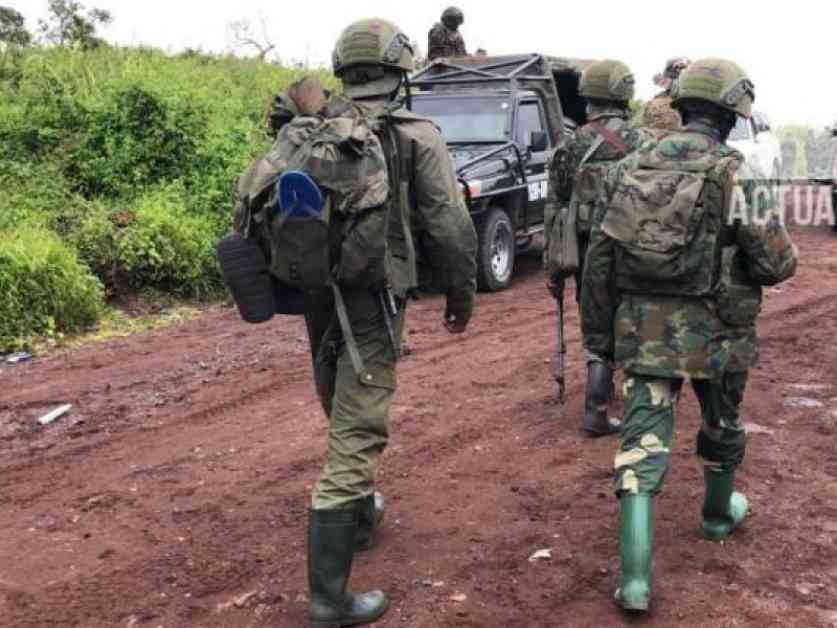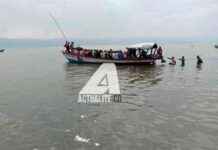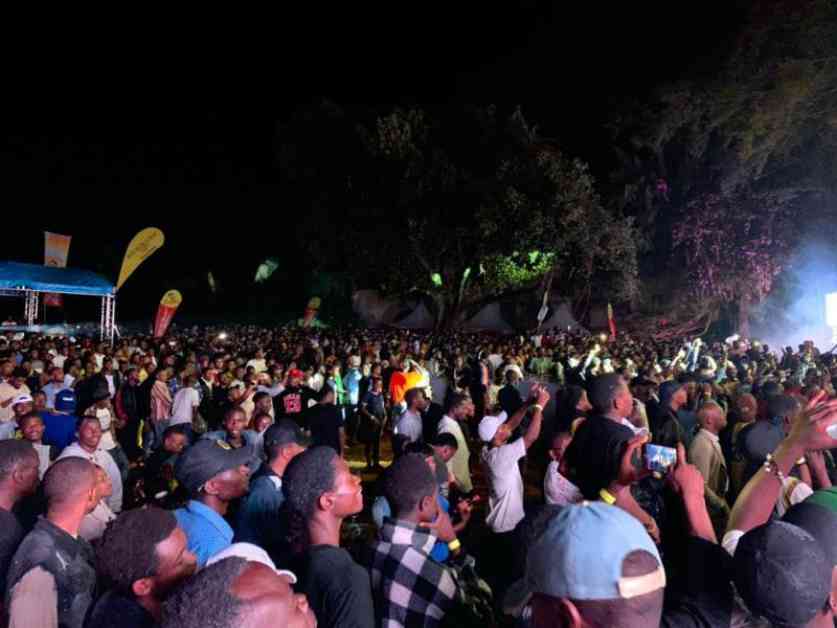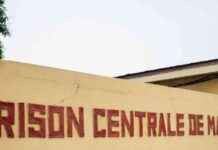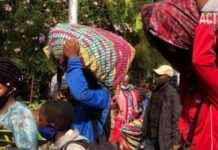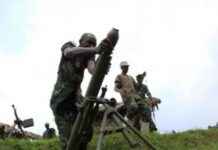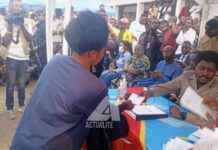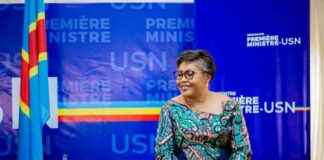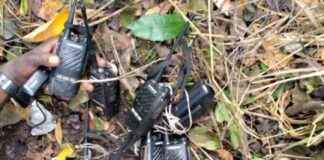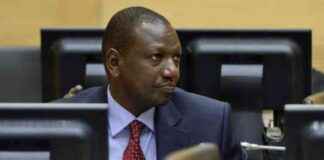Rencontre entre les FARDC et le M23 à Masisi et Nyiragongo ce dimanche
New clashes between the army and the M23 were reported this Sunday, January 12, on different frontlines in the territories of Masisi and Nyiragongo, North Kivu. Artillery fire was reported from the early hours. In Nyiragongo, these clashes are located in the Virunga National Park. “Since 6 am, we heard gunshots from Kibaya, in the groupings of Kibati and Rusayo. The M23 attacked the FARDC positions early in the morning. In any case, the FARDC are defending well on the ground with the support of young patriots,” said ACTUALITE.CD, Thierry Gasisiro, a civil society actor in Nyiragongo. In Masisi, local sources report clashes in several localities. “There are also clashes in the high plateaus of the Mupfuni Shanga grouping, specifically in Ngungu, towards Kasake, Ruzirantaka, Kamatane, Kabingo, Bitaata, and Rwangara. We can hear heavy weapon detonations from there, here in Bweremana. The army has already taken back Ndumba hill, but there are still two other hills that we are trying to recover, including Kashingamutwe. However, the enemy has left Kashingamutwe and is now positioned in Kalonge, where the fighting continues,” said Telesphore Mitondeke, a civil society rapporteur in the Masisi territory. For several days, various sources within civil society and independent whistleblowers have reported the arrival of new reinforcements from the M23 rebels in the Masisi territory. These reinforcements aim to fill the void left after heavy losses suffered by the M23-RDF during the FARDC counteroffensive in Masisi Centre, according to sources. The reinforcements were reportedly spotted on Saturday, January 11, in Karuba and Mushaki. The M23 rebels are said to be aiming to strengthen their positions towards Kagano, Lukala, Humure, and Mufunzi, while those from Mushaki are moving towards the town of Mutanda, in order to support the localities of Rubaya and Masisi Centre.
Expert Commentary on the Situation
The ongoing clashes between the FARDC and the M23 in the territories of Masisi and Nyiragongo have raised concerns among experts in the region. According to Dr. Amani, a political analyst specializing in conflict resolution in the Great Lakes region, the resurgence of violence between these two groups is a troubling development. “The conflict between the FARDC and the M23 has a long history marked by cycles of violence and peace negotiations. The recent escalation in hostilities could have severe humanitarian consequences for the civilian population in the affected areas,” Dr. Amani stated.
Impact on Local Communities
The renewed fighting in Masisi and Nyiragongo has had a profound impact on the local communities. Many residents have been forced to flee their homes in search of safety, leaving behind their livelihoods and possessions. Schools and health facilities in the conflict-affected areas are struggling to provide essential services to those in need. Humanitarian organizations are working tirelessly to assist the displaced populations and ensure their basic needs are met during this challenging time.
Call for International Intervention
As the situation escalates in Masisi and Nyiragongo, there is a growing call for international intervention to help resolve the conflict and prevent further bloodshed. The United Nations and other global partners have been urged to step in and facilitate dialogue between the warring parties to reach a peaceful resolution. The international community’s support is crucial in ensuring the protection of civilians and promoting stability in the region.
In conclusion, the clashes between the FARDC and the M23 in Masisi and Nyiragongo continue to pose a threat to peace and security in the region. It is essential for all stakeholders to prioritize dialogue and negotiation to prevent further violence and protect the lives of innocent civilians caught in the crossfire. As the situation unfolds, the international community’s involvement will be crucial in finding a lasting solution to the conflict and promoting sustainable peace in the Great Lakes region.
—
Josué Mutanava, a journalist based in Goma, shares a personal story about the impact of the ongoing conflict between the FARDC and the M23 on local communities. Growing up in North Kivu, Josué witnessed firsthand the devastating effects of violence on families and children in the region. He recalls the fear and uncertainty that gripped his community during times of heightened tensions between armed groups, leaving many families displaced and struggling to rebuild their lives. Josué’s experiences have fueled his passion for journalism and his commitment to shedding light on the human stories behind the headlines. Through his reporting, he strives to amplify the voices of those affected by conflict and advocate for peace and justice in his homeland.
